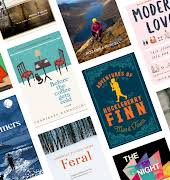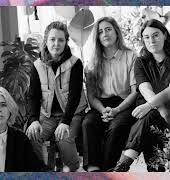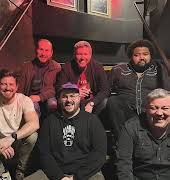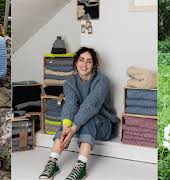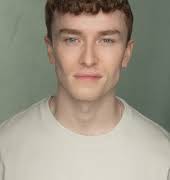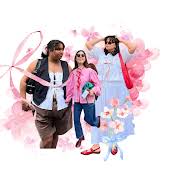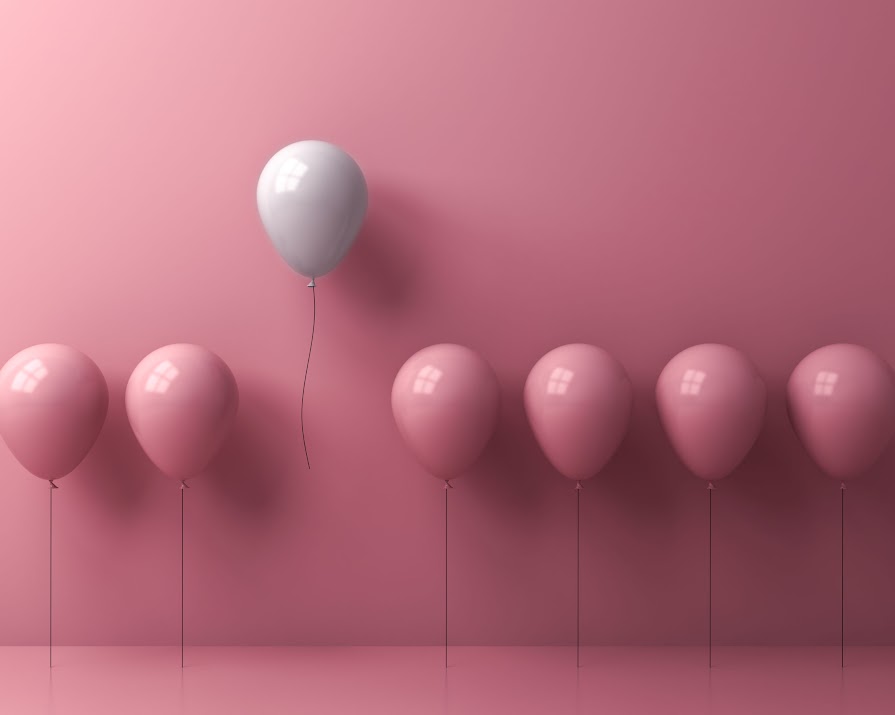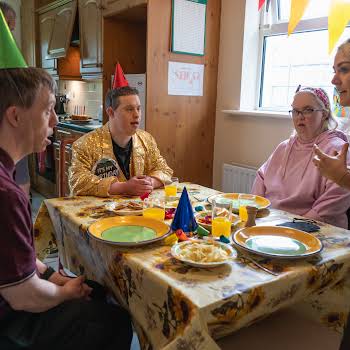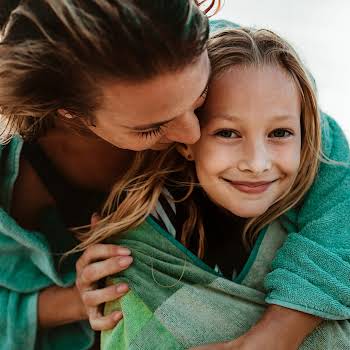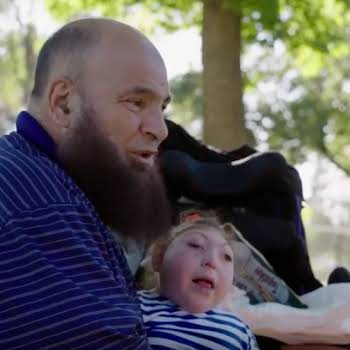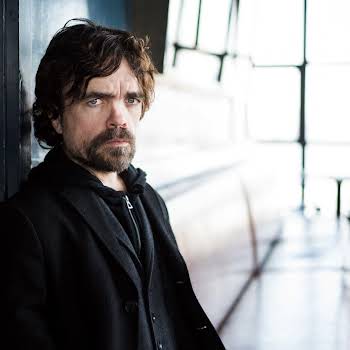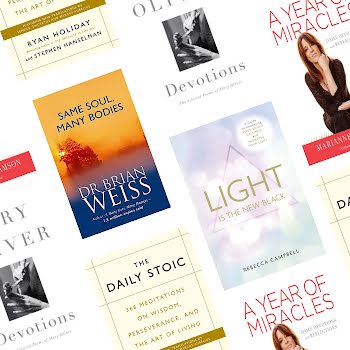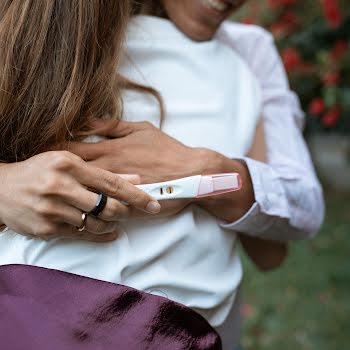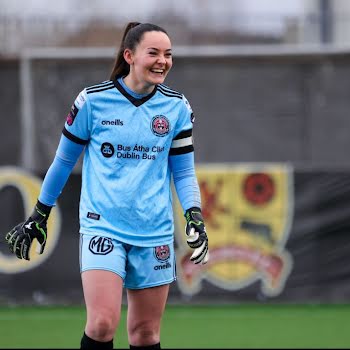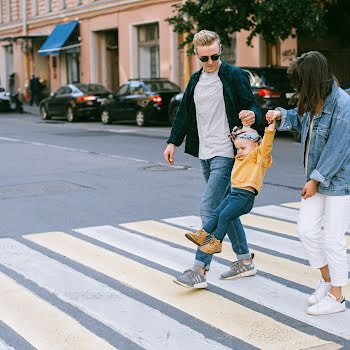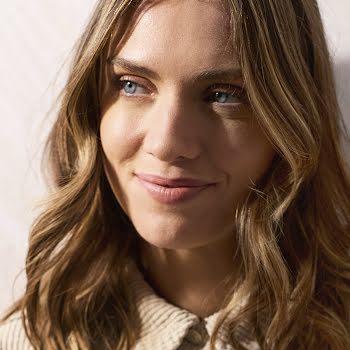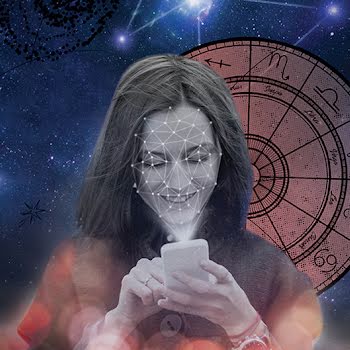
By Jennifer McShane
06th Oct 2020
06th Oct 2020
On #WorldCerebralPalsyDay, Jennifer McShane ponders the more difficult aspects of accepting your disability.
Today is #WorldCerebralPalsyDay. It’s heartening to see so many positive words about the day on social media; to hear so many uplifting stories about battles overcome by amazing individuals. Because to have a disability is to live a life of many daily battles.
I was diagnosed with mild Cerebral Palsy (CP) just after I turned one, and I’ve always been in and out of wheelchairs, on crutches, using walkers — it’s more or less the same now at 33, though I tend to avoid all walking aids, choosing to be as independent as possible.
I shouldn’t do this; it’s not good for my posture or balance, but sometimes I just want to move around without any added baggage.
That’s how I’ve always felt about the CP; like it was baggage I had to adapt to and learn how to balance. Only the difference is, you never get to put the disability down when the weight gets too much — it’s always there, whether you like it or not. I’ve gotten pretty good at managing mine, save for more than a few hiccups every so often.
But for so many years, I didn’t even want to say the words ‘I am disabled.’ Even though I am. You couldn’t miss it, to put it mildly. For me, from a very young age, the word disabled has a negative connotation that I found very difficult to get past.
Because having a disability took me years to truly come to terms with. I’d love to say I was just happy with myself right away. But it wouldn’t be true. It’s taken three decades to get to a place of comfort – and even then, it can be difficult.
Labels
I distinctly remember I was living abroad and at some after-school fun fair event when I got stuck trying to get up some stairs. A group of girls stopped by me, looked me up and down while one said, “Shouldn’t we offer to help her? She’s clearly disabled” as if I weren’t standing right in front of her.
All I remember is hearing the words ‘she’s disabled’ and wondering who they were talking about. Even though I knew I was different, my family never used the term when describing me. So straight away I felt like I had been unfairly labelled, using a term that was negative. I was only around nine years old.
It stayed with me for years, the fear that the disability was all that people would see.
I hadn’t yet realised that to be disabled could be something wonderful; that it could instill you with a will of iron to never stop trying until you got what you wanted.
But this is because I was a late bloomer in almost every respect. I happily will now tell anyone who listens all about having the CP; I wear it like a badge of honour because I’m so proud that I’ve come so far.
But even with the knowledge that this disability has shaped who I am today for the better — I ran away from it for years.
I didn’t want that label; I didn’t want others to call me “inspirational” because of a disability, I was just a kid — and I just wanted to be me.
Most of the time I convinced myself I didn’t have CP — that I was grand, happily going about life ignoring it, as much as I could. And then I’d become startled every time I walked by a reflection in a shopping centre, forgetting that I needed to push my knees in more to stand up taller when I walked (sometimes this still happens).
Guilt
I have an identical, fully-able-bodied twin sister. There was no denying I had it when we stood side-by-side (I usually sat down). Instead, I came up with what I felt was an effective coping mechanism: as long as I knew I had it, but didn’t make it a big deal, I would be fine. People would see past it. That’s primarily formed my outlook — that ability to downplay it. But I was also aware that I was lucky too, to be as privileged as I was and still am.
I was educated, able to be reasonably independent, walk unaided — even if I found many things hard. Others in a similar situation had it much harder. So I felt guilty for making a fuss when I had so many things going for me. This has made things more difficult than they need to be, and still my automatic answer to the kind offer of ‘can I help you?’ is to refuse — even if I do need help.
Acceptance
And then there’s the guilt I feel. I still feel guilty. For not talking about it as much as I should. For downplaying it when I know it helps others to read similar stories. But I never read about this part growing up — I never heard about the person who found coping with their disability difficult. Even today, all I read are, by in large, positive stories. I never read about the woman who cries on the floor because she can’t pull herself up and has to try to painfully will her muscles into a kneeling position to do so.
I never read the stories that tell you that acceptance will come – even if it’s later than you expect. Or the ones that say it’s okay if you choose to wish you didn’t have it.
I suppose I’m here to tell anyone reading this that is disabled and has felt as I have, that all this is okay.
It’s okay to be a late bloomer.
It’s okay to only fully come to terms with your disability.
You’re trying your best up against so many obstacles.
It’s enough.
Read more: Accepting my disability and accepting being disabled
Read more: What Netflix’s The Politician is already getting right about disability
More like this: ‘I hope it shifts perspectives’: Netflix’s extraordinary CRIP CAMP is a must-see

